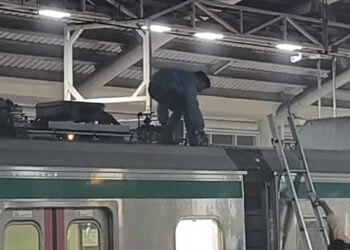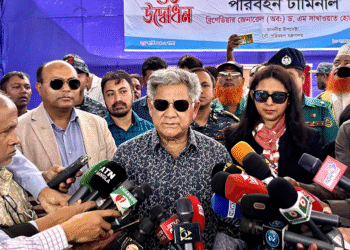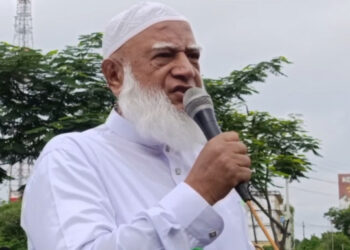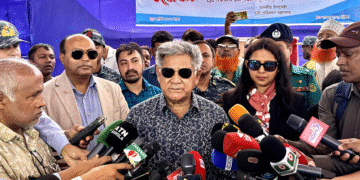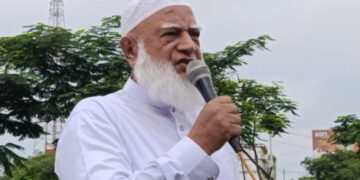Beginning on May 14, 2025, the Bangladeshi government has granted military personnel an additional 60 days of executive magistracy authority. This is the fourth time an extension of this kind has been approved.
The Executive Magistrate Power’s History
under Bangladesh, executive magistrates have the power to file lawsuits under specific circumstances. This includes issuing arrest warrants, conducting searches, and maintaining law and order. These powers are frequently granted to civil justices, but in some circumstances, military people may also be granted them.
In September 2024, military leaders were given these special abilities for the first time, for a duration of 60 days. Since then, the government has extended the order three more times—once in November, again in January 2025, then in March 2025, and now again in May 2025.
Details of the New Extension
On May 8, 2025, the Ministry of Public Administration officially announced the extension. According to the official notification, this new period of executive power will begin on May 14 and continue for 60 days.
The order specifically applies to commissioned officers in the Bangladesh Armed Forces, starting from the rank of Captain and above. This also includes officers working temporarily (on deputation) in the Coast Guard and Border Guard Bangladesh (BGB).
These officers will work under the authority of the district magistrate, which means they will coordinate their duties with the local Deputy Commissioners (DCs).
Legal Basis of the Powers
The powers are granted under two sections of the Code of Criminal Procedure, 1898—Sections 12(1) and 17. These sections allow the government to appoint Special Executive Magistrates for a specific time and purpose.
According to the order, these military officers will be able to apply several important sections of the criminal code.These consist of:
- Sections 64 and 65: Addressing the process of summons and arrest
- Sections 83, 84, and 86: Dealing with the confiscation of assets or property
- Sections 95(2), 100, 105: Search warrant issuance and execution
- Sections 107, 109, and 110: Preventing possible criminal activity
- Sections 126, 127, 128, and 130: Dispersing illegal gatherings and use force where necessary
- Sections 133 and 142: Eliminating Illegal Construction and Public Disturbances
When there are emergencies, public gatherings, or security threats, these authorities assist guarantee that military commanders can respond swiftly.
Read More: BIDA Unveils $800 Million Plan to Turn Laldia into a World-Class Green Port
What Military Officers Can Now Do
With this extension, military officers will be able to:
- Arrest people or order arrests if needed
- Execute arrest and search warrants
- Break up illegal public gatherings
- Remove barriers from public property or business areas
- Take action to stop potential danger or violence
- Fine or take legal promise (bond) from people involved in minor crimes
- Protect public safety and prevent chaos
They can perform these duties across the whole country and not just in specific areas.
Final Notes
This special authority helps the government strengthen law enforcement and public safety, especially during sensitive times. While these powers are temporary, they have been renewed several times now, indicating ongoing need and effectiveness.
The decision shows how civil and military coordination is being used to maintain order across Bangladesh during uncertain times.
Source: Dhaka tribune









